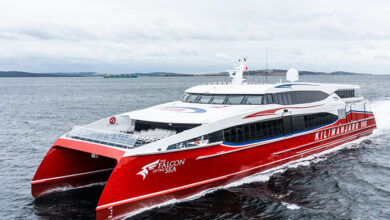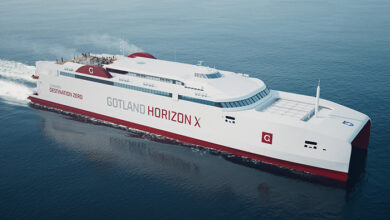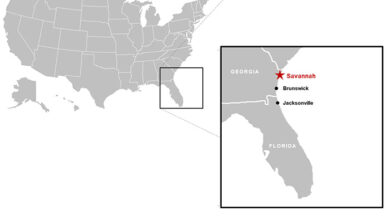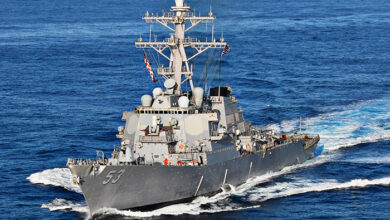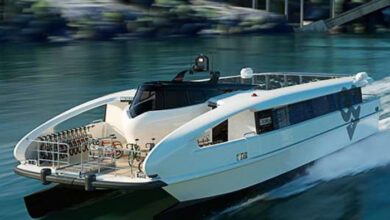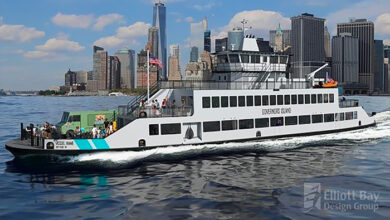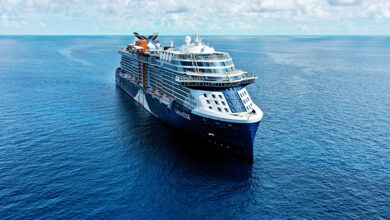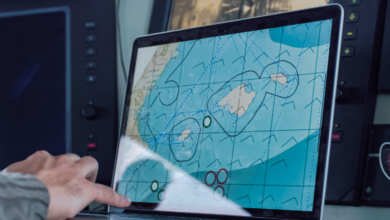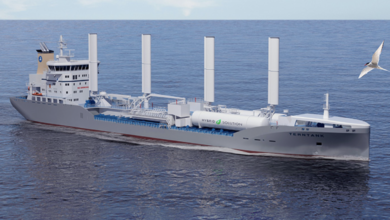Impact of Russia-Ukraine conflict on port of Rotterdam
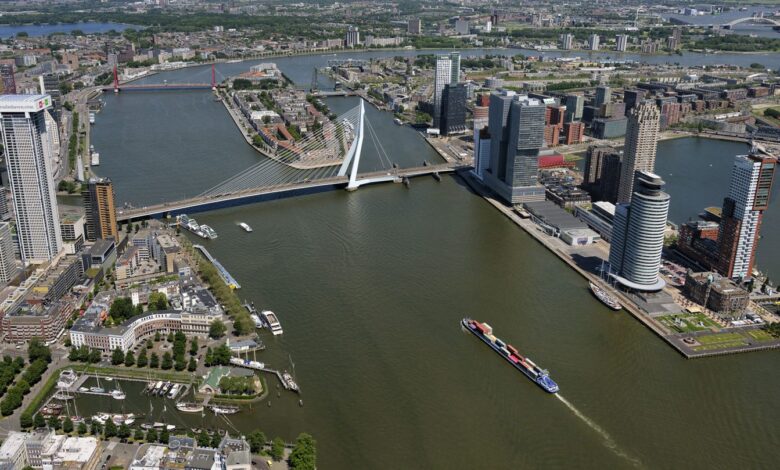
Currently, FERM has reported that the NCSC has not yet had any concrete indications of cyber-attacks impacting the Netherlands in relation to the war in Ukraine.
The conflict in Ukraine has prompted the European Union and other bodies to impose a number of sanctions on Russia. At the current time (Monday, 28 February), these are only having a rather limited impact on the port of Rotterdam. Extensive imports of energy (crude oil, oil products, LNG, coal) have not yet been hit by these sanctions.

Russia-oriented transhipment
Of the roughly 470 million tons transshipped through the port of Rotterdam, 62 million tons are oriented towards Russia (13%). Large amounts of energy carriers are imported from Russia via the port of Rotterdam. Currently, this comes to roughly 30% of Russian crude oil, 25% of LNG, and 20% of oil products and coal. It is unclear what developments in Ukraine will mean for these flows in the near future.
It’s technically possible that imports could be sourced from elsewhere, but because we are dealing with large amounts, it is quite probable that this would lead to shortages and higher prices. In particular, it will be more difficult to compensate for the consequences of reduced imports of LNG / natural gas from Russia than for other energy carriers.
Customs control
Barely 10% of Rotterdam’s container transport is linked to Russia. The European Union has prohibited the export of a number of goods that can be used for both civilian and military purposes (dual-use). That means container cargo with Russia as its destination will receive extra Customs inspections.
Trade restrictions
Russia exports products such as steel, copper, aluminium and nickel via Rotterdam. These are not as yet under the trade restrictions announced by the European Union.
Insecurities
The imposed sanctions, combined with their unknown impact on day-to-day operations or the development of the situation in the coming days, is causing uncertainties for many businesses. As a result, businesses will also have to make individual choices about how they will deal with Russian cargo.

Nato/the American armed forces have had agreements with one company in the port of Rotterdam for decades covering the transport of defence materials. These materials are regularly transferred via the port. It is possible that there will be more transport of defence materials in the short term.
Cyber security
As far as the cyber security of businesses is concerned, the port of Rotterdam has FERM. The purpose of FERM is to encourage cooperation between companies in the port of Rotterdam and to increase awareness of cyber security risks. Currently, FERM has reported that the NCSC has not yet had any concrete indications of cyber-attacks impacting the Netherlands in relation to the war in Ukraine.
Position
The Rotterdam Port Authority has not independently drafted any policies of its own in response to the conflict in Ukraine. The Port Authority is also not in a position to do something like imposing restrictions on businesses. This is the responsibility of the Dutch government. The Port Authority supports the policies of the Dutch and European authorities. International rule of law and the right to self-determination of countries are essential values and therefore not open to question.


